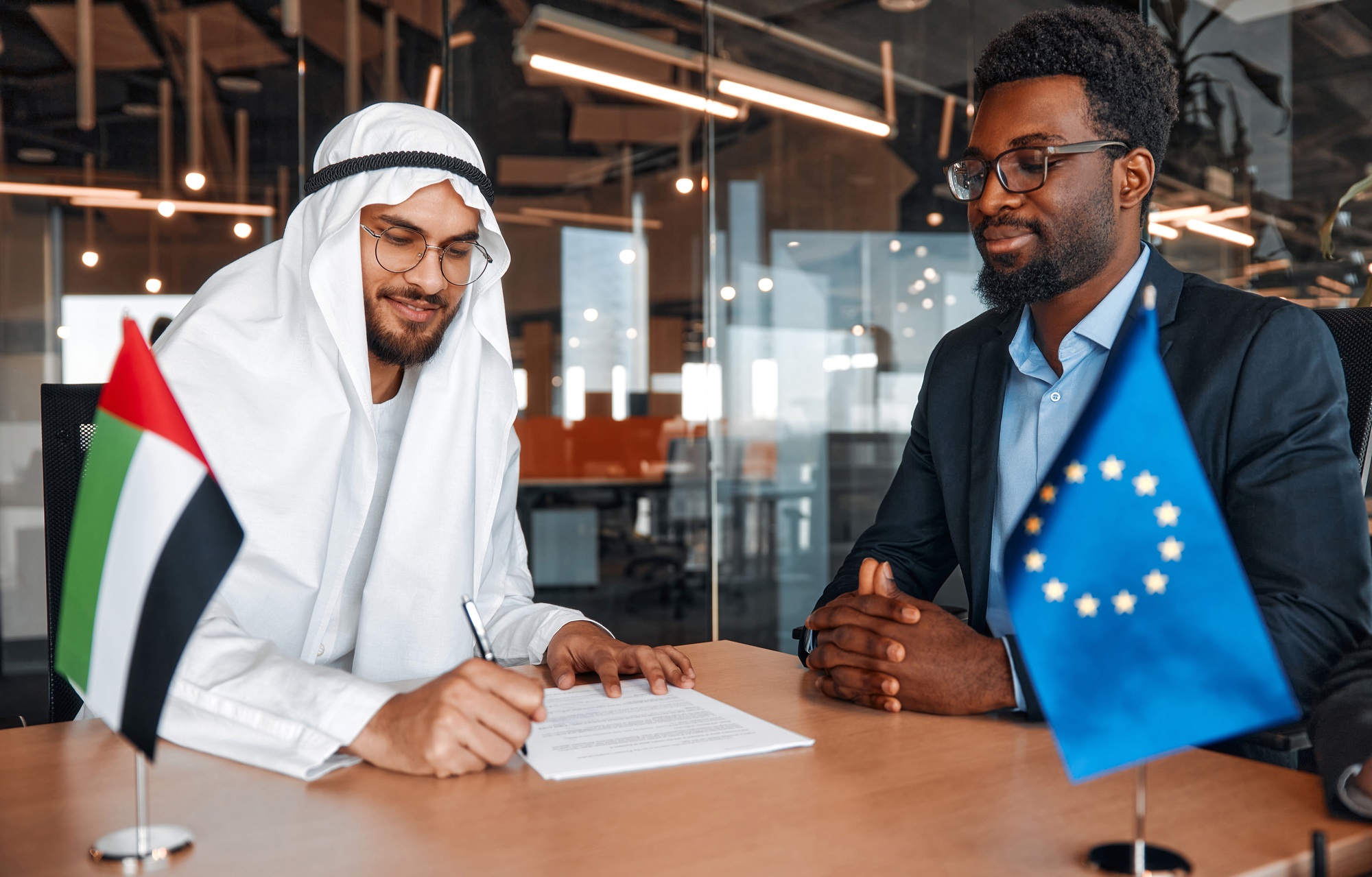The Crucial Role of Etiquette in Multilateral Diplomatic Agreements

The Crucial Role of Etiquette in Multilateral Diplomatic Agreements
Etiquette plays a pivotal role in multilateral diplomatic agreements, fostering an atmosphere of respect, professionalism, and cooperation among participants. These agreements often involve representatives from diverse cultural and political backgrounds discussing complex and sometimes contentious issues. Adherence to established diplomatic protocols ensures effective communication and negotiation, helping to mitigate misunderstandings and promote cultural sensitivity.
Etiquette as the Universal Language of Diplomacy
Etiquette serves as a universal language that transcends linguistic and cultural barriers. By adhering to shared norms—such as maintaining decorum, addressing others with courtesy, and acknowledging differing viewpoints—participants establish a harmonious environment conducive to meaningful exchanges. This mutual respect strengthens diplomatic ties and builds trust among stakeholders.
Case in Point: At the 1995 Dayton Peace Accords, which ended the Bosnian War, negotiators adhered to strict protocols to ensure productive dialogue. Chief U.S. negotiator Richard Holbrooke emphasized mutual respect by addressing all parties—Bosnian, Croatian, and Serbian—by their official titles, even during heated discussions. This adherence to etiquette fostered an atmosphere of professionalism that was crucial for reaching a peace agreement.
Ensuring Order and Structure
Etiquette ensures that multilateral negotiations unfold in an organized and focused manner. Observing seating arrangements, speaking protocols, and hierarchical formalities minimizes disruptions and prevents misunderstandings that could derail the process.
Real-Life Example: During the Paris Climate Agreement negotiations in 2015, clear protocols and structured discussions enabled 196 countries to agree on a landmark global climate framework. Delegates followed speaking protocols and adhered to the agenda, preventing heated debates from devolving into chaos. The resulting structured environment facilitated consensus-building despite significant political and economic differences among nations.
Preserving Dignity and Integrity
Upholding civility and professionalism ensures that participants engage in robust debates without resorting to personal attacks or inflammatory rhetoric. This preserves the dignity of all parties and upholds the prestige of the diplomatic institution.
Illustrative Scenario: At the 2010 Kampala Review Conference on the International Criminal Court (ICC), delegates from African states voiced their concerns about perceived biases in the ICC’s prosecution. Despite the contentious nature of these discussions, representatives maintained diplomatic decorum. Heated debates were managed with tact, enabling the conference to reach agreements on critical amendments to the Rome Statute without compromising the dignity of any delegation.
Etiquette as a Tool of Soft Power
Observing diplomatic etiquette enhances a nation’s influence and reputation on the global stage. Demonstrating cultural sensitivity and adherence to protocols projects an image of sophistication and leadership, fostering goodwill.
Example from Africa: When South Africa hosted the 2010 FIFA World Cup, its diplomatic finesse extended beyond sports. Leaders such as then-President Jacob Zuma showcased respect for visiting dignitaries by incorporating cultural ceremonies and inclusive language. This bolstered South Africa’s image as a global leader and capable host, enhancing its soft power.
Contrast: Conversely, breaches in etiquette can have damaging effects. During the 2018 G7 Summit in Canada, former U.S. President Donald Trump’s abrupt departure and sharp remarks undermined the spirit of collaboration, casting a shadow on U.S. relations with its allies.
Practical Etiquette Tips
- Greetings and Cultural Sensitivity:
On arrival, greet fellow delegates respectfully, taking cultural nuances into account. For instance, a bow may be appropriate in Japan, while a handshake is customary in Europe. During the 1972 Nixon visit to China, Richard Nixon’s decision to extend a handshake to Premier Zhou Enlai—a gesture that went beyond protocol—symbolized respect and helped thaw relations during the Cold War. - Active Listening and Diplomatic Language:
During discussions, refrain from interrupting and engage respectfully. For example, at the African Union’s 2022 discussions on the African Continental Free Trade Area, active listening enabled countries like Nigeria and South Africa to navigate concerns over trade imbalances and reach a resolution. - Confidentiality:
Maintain discretion during negotiations. At the Camp David Accords of 1978, U.S. President Jimmy Carter ensured confidentiality throughout the process, creating a secure environment for Egypt and Israel to negotiate peace. - Networking:
Diplomacy thrives on relationships. Engage in informal gatherings with a focus on rapport-building. At the United Nations General Assembly, informal side events often yield breakthroughs that formal sessions do not. For instance, the 2015 Iran Nuclear Deal was facilitated by behind-the-scenes discussions between Iranian and U.S. diplomats. - Punctuality:
Being on time reflects respect for others’ time and the agenda. During the 1994 Oslo Accords, Palestinian leader Yasser Arafat’s timely attendance at crucial meetings demonstrated his commitment to the peace process, even under intense scrutiny. - Expressing Gratitude:
Thank hosts and fellow participants to foster goodwill. After the 2019 ASEAN Summit, participating nations exchanged notes of gratitude, reinforcing mutual respect and collaboration despite economic competition.
Conclusion
Navigating multilateral diplomatic agreements demands a nuanced understanding of etiquette, cultural sensitivity, and diplomatic decorum. Drawing on historical and contemporary examples, it is evident that adherence to etiquette not only facilitates immediate objectives but also strengthens long-term diplomatic ties. Whether it’s the Dayton Accords, the Paris Agreement, or informal UN gatherings, etiquette remains the cornerstone of successful diplomacy.
By internalizing these principles, diplomats can navigate complex negotiations with grace, contributing to global peace, stability, and cooperation.

